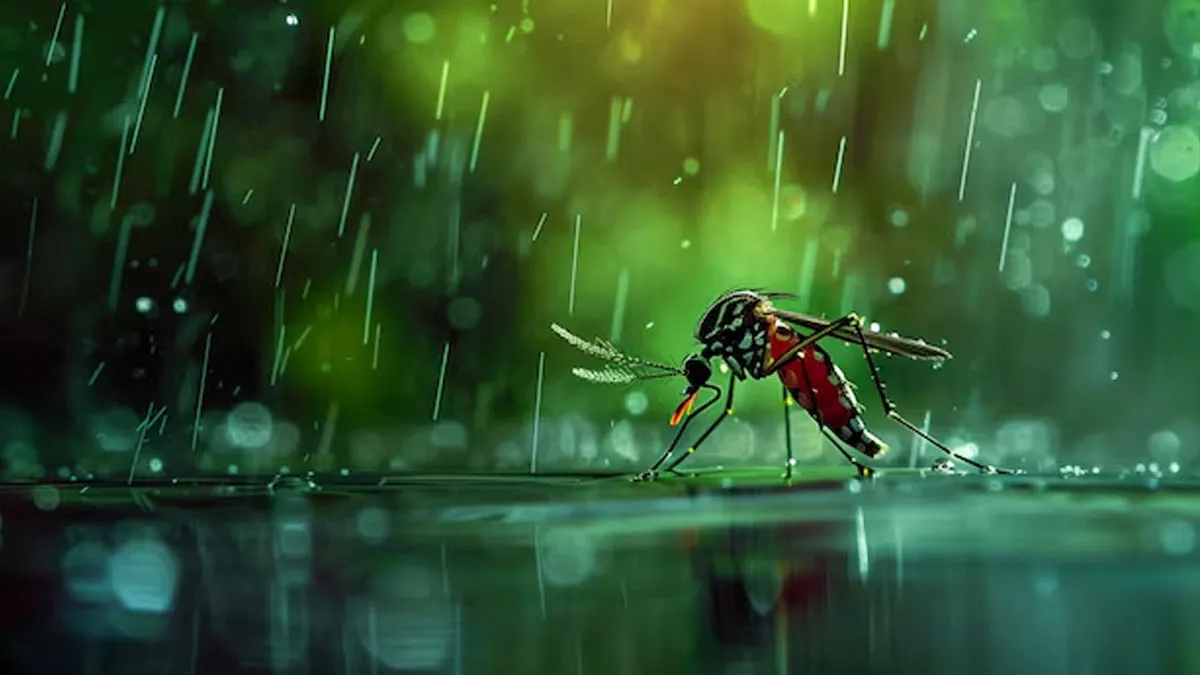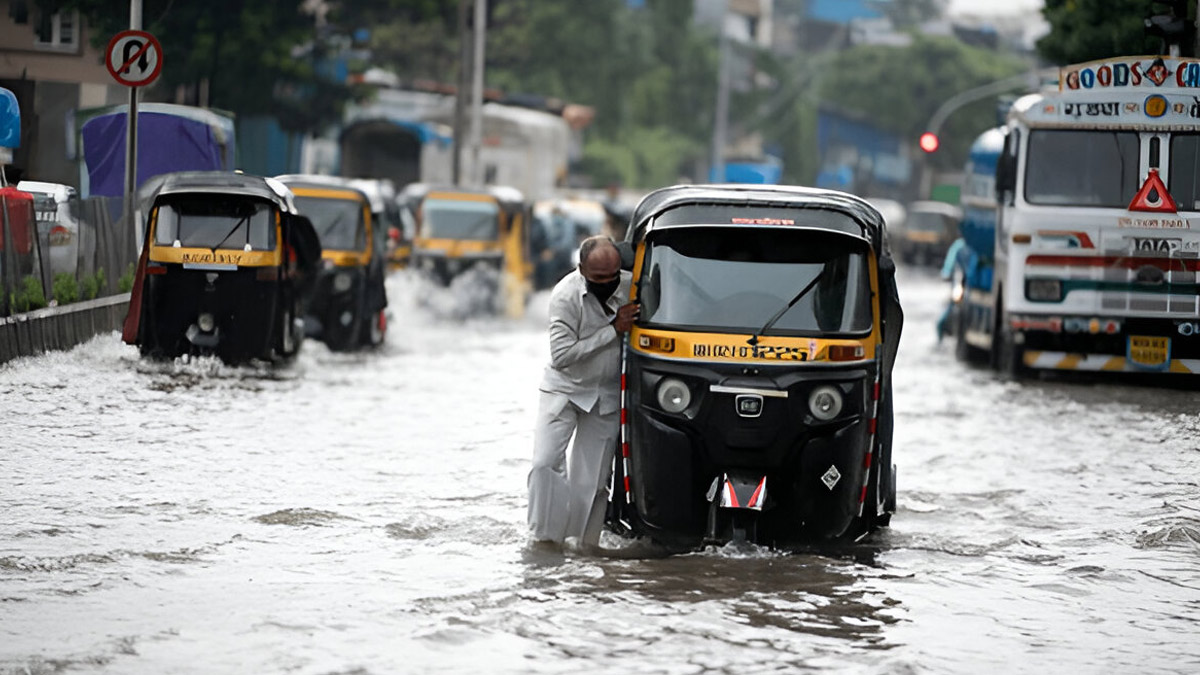
Mumbai is experiencing a sharp rise in vector-borne diseases, such as malaria and chikungunya infections during the monsoon season, which has prompted the Brihanmumbai Municipal Corporation (BMC) to up its game to curb the outbreak of mosquito-borne diseases. Civic records show both the diseases have recorded a steep increase from the previous year with dozens of fresh cases in the past few weeks. To combat the surge, the BMC has initiated massive drives for mosquito control, public awareness, and early detection throughout the city.
Table of Content:-
What’s Behind the Spike?

Data from the BMC shows a clear upward trend compared to last year. During January and August 2025, Mumbai witnessed 5,706 cases of malaria, a 42% rise compared to 4,021 in the same period of 2024. Chikungunya cases increased more than two times, from last year's 210 to this year's 485. And dengue? That's also on the rise, from approximately 1,979 to 2,319 cases.
The outbreak has been particularly steep in the past two months. In July 2025 alone, malaria infection rose by 46% compared to June, and chikungunya rose nearly 500%, from 21 in June to 129 in July. The trend continued into August, health authorities report, as chikungunya cases rose to 328 mid-August.
Experts attribute this increase to the early onset of the monsoon in May and heavy showers in July, which provided perfect breeding conditions for mosquitoes. Standing water at construction zones, drains, and even flowerpots has become a prime breeding ground for Aedes and Anopheles mosquitoes—carriers of these diseases.
Also Read: How Threatening Is Waterlogging To Your Health?
Measures Taken By BMC To Fight This Spike
To contain the spread, the BMC has kicked off an intensive anti-mosquito campaign. Inspections are being taken in housing societies, schools, and office complexes under the 'Zero Mosquito Breeding' initiative. Officials have raided thousands of buildings and checked over 57,000 possible breeding spots, destroying larvae wherever they were seen.
The civic body has stepped up fogging operations, targeting lakhs of huts and building complexes. It has also cleared more than 65,000 abandoned tyres and containers, which tend to accumulate rainwater and act as breeding sites.
Apart from the surveillance at hospitals, the BMC is also undertaking fever surveillance in the city, going door to door to detect suspected cases early. Till date, over 10 lakh homes and 50 lakh residents have been reached and over 1.8 lakh blood samples have been taken for analysis.
Private practitioners and doctors are also being drawn into this. The civic body has conducted training for more than 3,000 private practitioners in order to make an early diagnosis and treatment.
Also Read: Vector-borne Vs Waterborne Diseases: Expert Explains Differences Between The Two
How To Protect Yourself From Vector-Borne Diseases?
Here are some tips shared by Dr Brunda MS, Consultant - Internal Medicine, Aster CMI Hospital, Bengaluru, that can help you during this monsoon:
Watch Out For the Symptoms

Dr Brunda stresses the need to identify the onset of mosquito-borne diseases so that medical help may be sought in time. Some common symptoms are:
- Fever
- Headache
- Joint pain
- Rash
Identification of these early on allows immediate treatment, which minimises the severity of the disease and prevents its transmission in the community. In addition, early detection is instrumental in averting outbreaks and protecting public health.
Actions to Take Immediately After a Diagnosis
“In most instances, mosquito-borne diseases can be controlled efficiently with vigilant monitoring of symptoms, sufficient rest, proper hydration, and Over-The-Counter (OTC) medications as prescribed by doctors. However, instant medical attention is still important,” emphasises Dr Brunda.
According to the World Health Organization (WHO), severe dengue can even prove fatal. The WHO reports that since early 2023, persistent transmission coupled with an unexpected surge in dengue cases has led to a record-breaking total of over 6.5 million reported cases and more than 7,300 deaths attributed to dengue.
Prevent Severe Symptoms: Tips to Halt Their Progression
“Neurological symptoms such as confusion, seizures, or difficulty in movement, and rapid heart rate or low blood pressure are signs of a deteriorating mosquito-borne disease and must be reported to your physician,” said Dr Brunda. She points out that dengue and malaria are best treated with proper medication, such as antimalarial medication against the Plasmodium parasite. Supportive care with IV fluids and electrolyte replacement is important for convalescence and control of the disease in severe cases.
Also watch this video
How we keep this article up to date:
We work with experts and keep a close eye on the latest in health and wellness. Whenever there is a new research or helpful information, we update our articles with accurate and useful advice.
Current Version